First time buyers get 20% off *
Bethena – A Concert Waltz (1905)
Scott Joplin (1868-1917)
SATB Sax Quartet
Bethena – A Concert Waltz by Scott Joplin arranged for SATB Sax Quartet. Bethena is an enchantingly beautiful piece that is among the greatest of ragtime waltzes. It was composed during a very difficult time in Joplin’s life. His wife of two months had just died. He had significant financial problems, and the work did not sell well. In spite of all that, Bethena is a tender and heartfelt remembrance of a love lost.
An elegant and gently syncopated opening theme frames three contrasting sections that venture into far-flung keys. The bridge passages connecting these sections contain some very adventurous harmonies, demonstrating Joplin’s talent and desire to be considered as a “serious” composer. Neglected soon after it was published, Bethena was rediscovered as a result of the Joplin revival in the 1970s and is frequently performed today. It is often used in film and media, notably, in the soundtrack of the 2008 film “The Curious Case of Benjamin Button”.
This arrangement of Bethena – A Concert Waltz is for SATB Sax Quartet. Some saxophone players may find the many keys that this piece wanders through to be a challenge. This arrangement is suitable for advanced high school players and above.
- The range for each saxophone part is shown below.
- Audio and score excerpts are available above.
Saxophone Part Ranges for Bethena – A Concert Waltz
Small notes indicate optional pitches – alternatives are provided in parts.
About the Composer
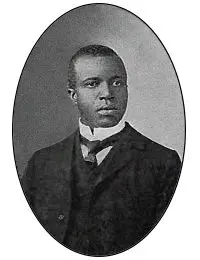 Scott Joplin (November 24, 1868 – April 1, 1917) American composer and pianist.
Scott Joplin (November 24, 1868 – April 1, 1917) American composer and pianist.
Scott Joplin’s is the name perhaps most associated with ragtime. Born sometime between the summer of 1867 and mid-January 1868, Joplin’s career took him from a modest homestead on the Texas-Arkansas border to New York’s Tin Pan Alley New York City, where he would eventually try his luck with composers like a young Irving Berlin. Although he continued composing until just before his death in 1917, Joplin’s greatest fame came from his years in the Midwest where he was acknowledged as the “King of Ragtime.”
Joplin enjoyed his greatest success in Sedalia, Missouri, where he studied music at George R. Smith College and played with several ensembles, among them the Queen City Cornet Band. He opened his own piano studio and taught and encouraged other composers whose names eventually joined his in ragtime history. These young talents included Arthur Marshall and Scott Hayden; Joplin collaborated with the former on the cakewalk “Swipesy” (1900) and the latter on the two-step “Sunflower Slow Drag” (1901). (Years later in New York, Joplin met and mentored another future ragtime great, Joseph Lamb.) Joplin’s musical activities in Sedalia brought him in contact with the source of ragtime-piano playing in African American social clubs. In fact, Joplin’s engagements at the popular Maple Leaf Club inspired his most famous tune, “The Maple Leaf Rag” (1899).
Joplin’s theories about ragtime are stated eloquently in his self-published School of Ragtime (1908). Written in the style of an art music treatise, School demonstrates how serious Joplin was about ragtime–a type of music that many in contemporary America condemned as frivolous. He warned that not all syncopated music “that masqueraded under the name of ragtime” was genuine. Only by giving each note its proper value and by “scrupulously observing” the music’s markings could a pianist achieve the correct effect. Above all, he cautioned, “never play ragtime fast at any time.” “Joplin ragtime,” as he termed his style, would be destroyed by careless interpretation.
Although he and his music were largely forgotten after his death, the ragtime revival of the 1970s brought Joplin renewed attention. In January 1972, his opera Treemonisha (1910), which he had been unable to stage during his lifetime, premiered in Atlanta. When his 1902 rag The Entertainer became the cornerstone for the soundtrack of the 1973 film The Sting, the popularity of ragtime soared.
Library of Congress, accessed 5/30/2024,

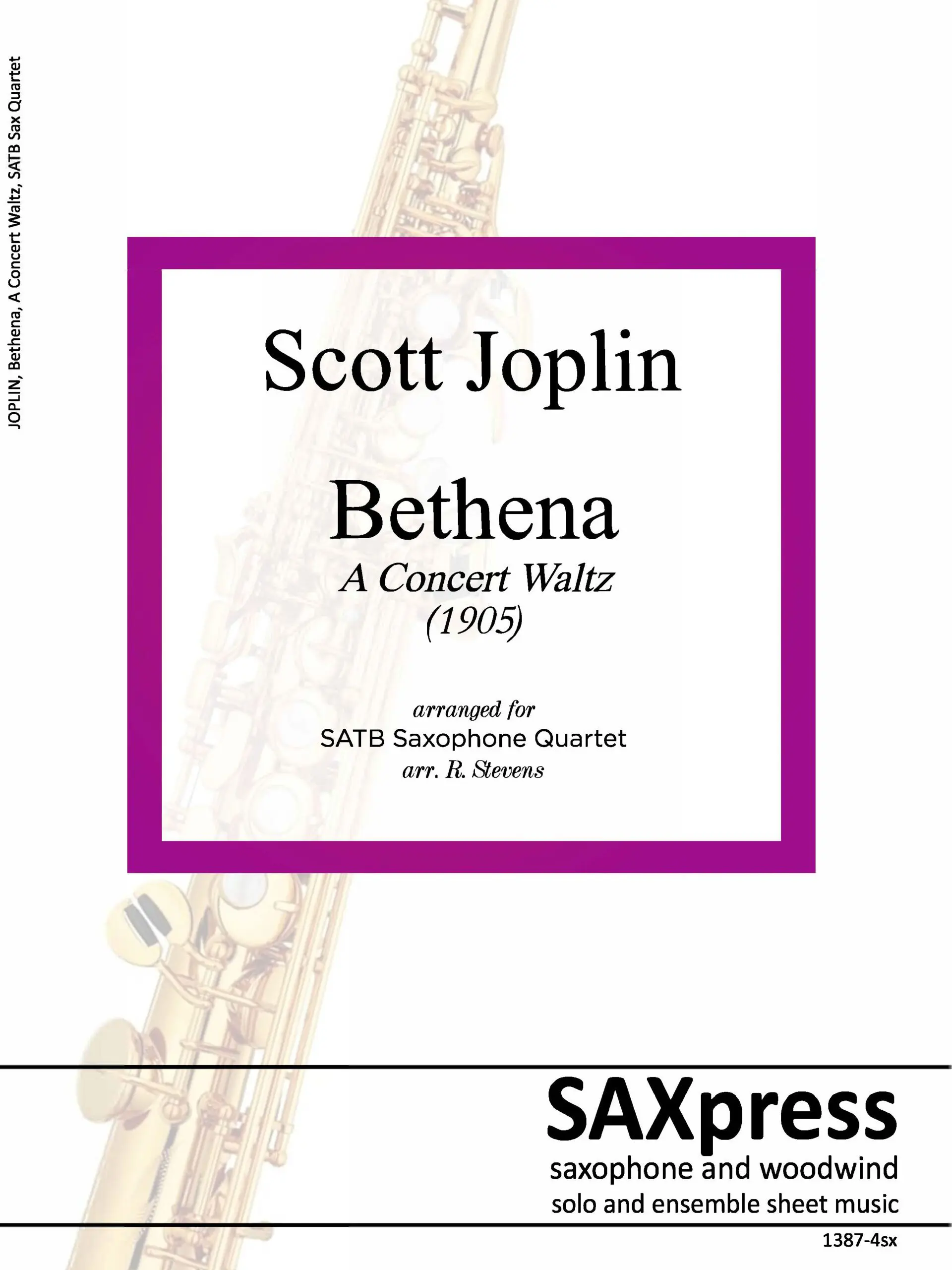
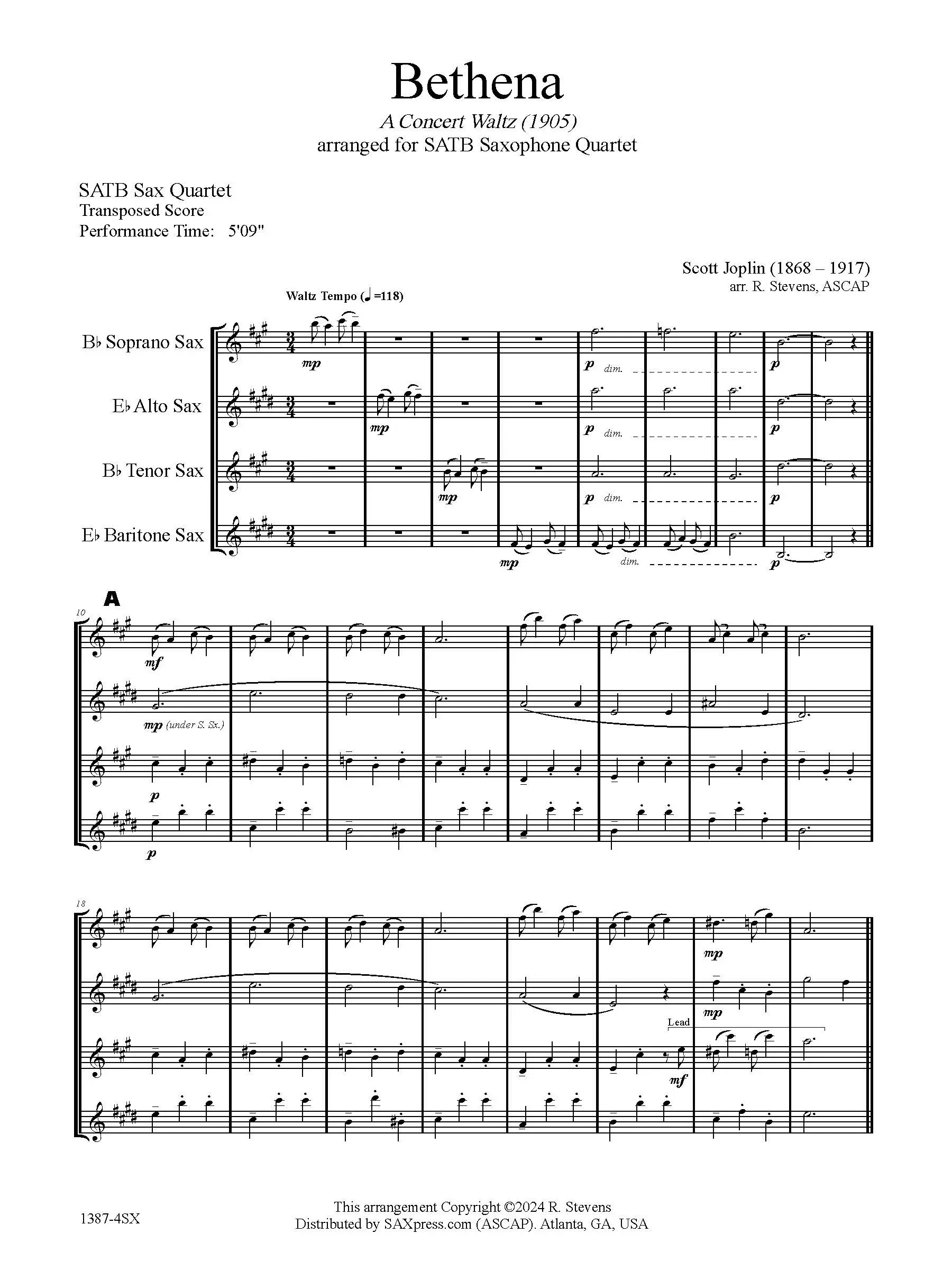
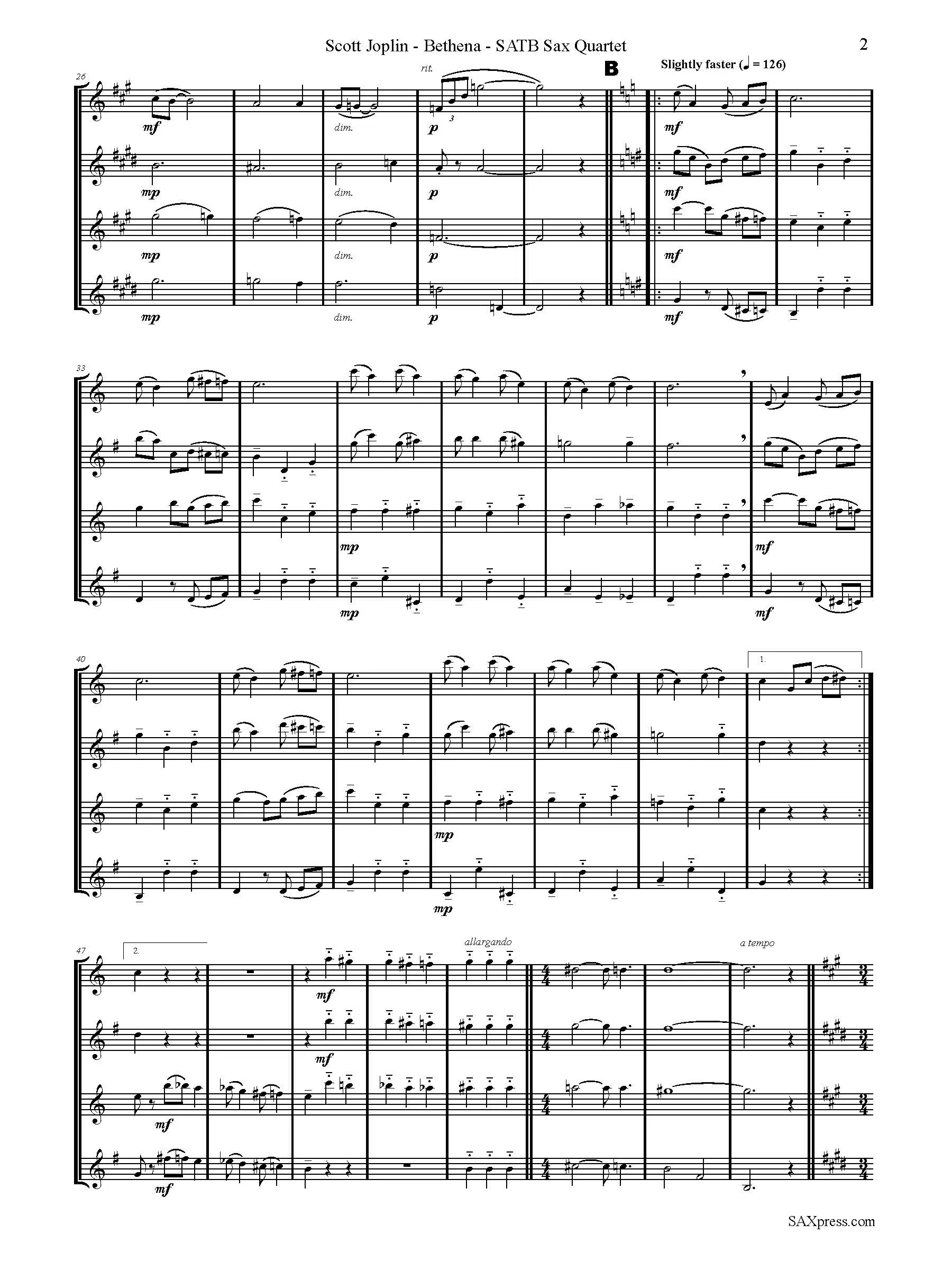
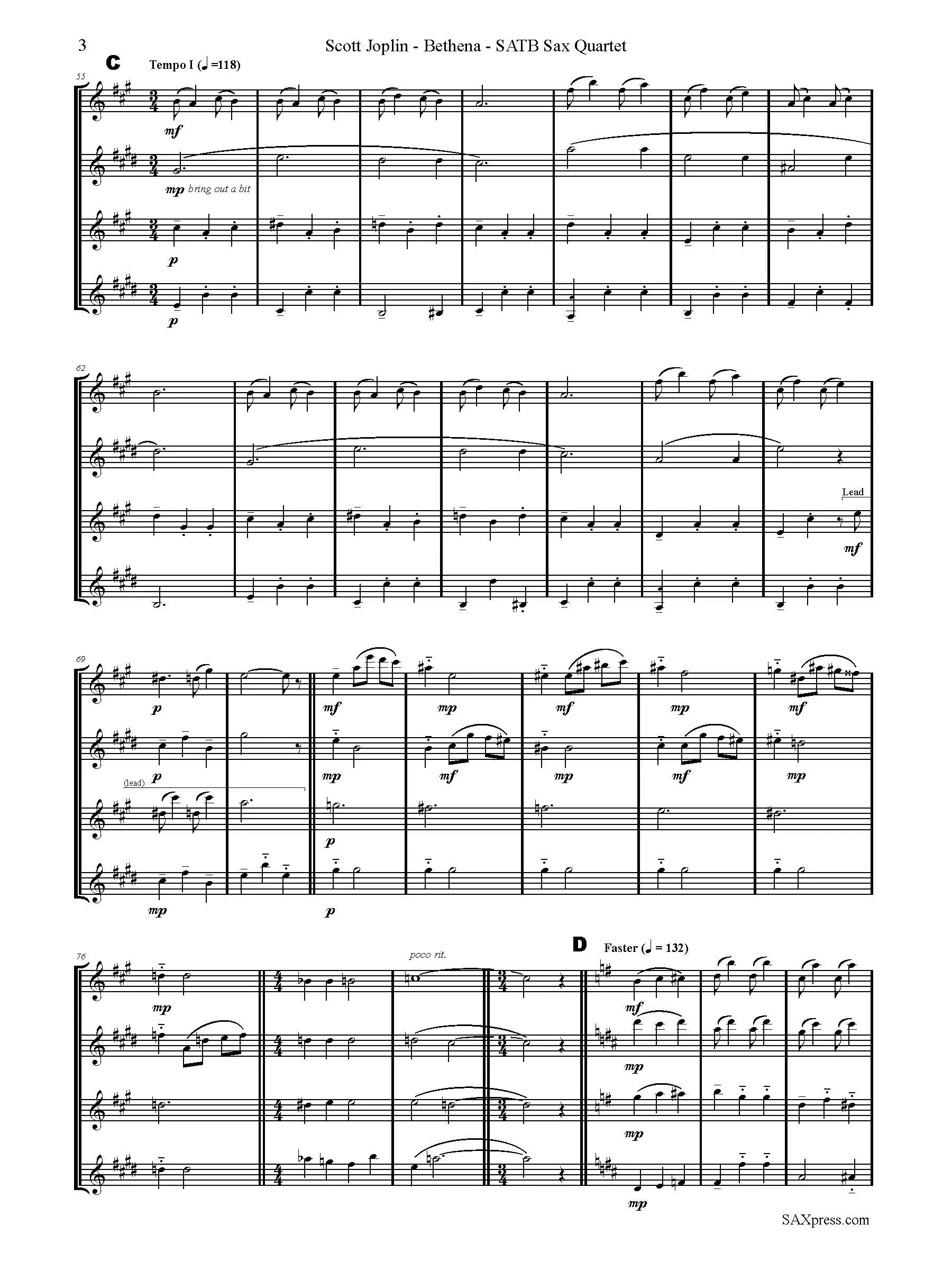

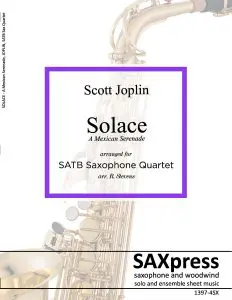
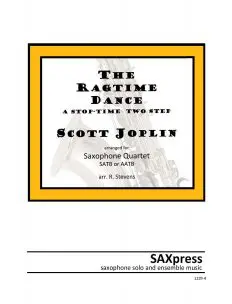
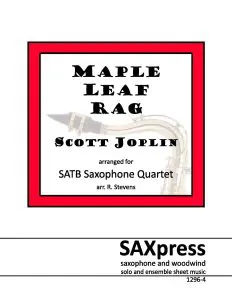
Reviews
There are no reviews yet.